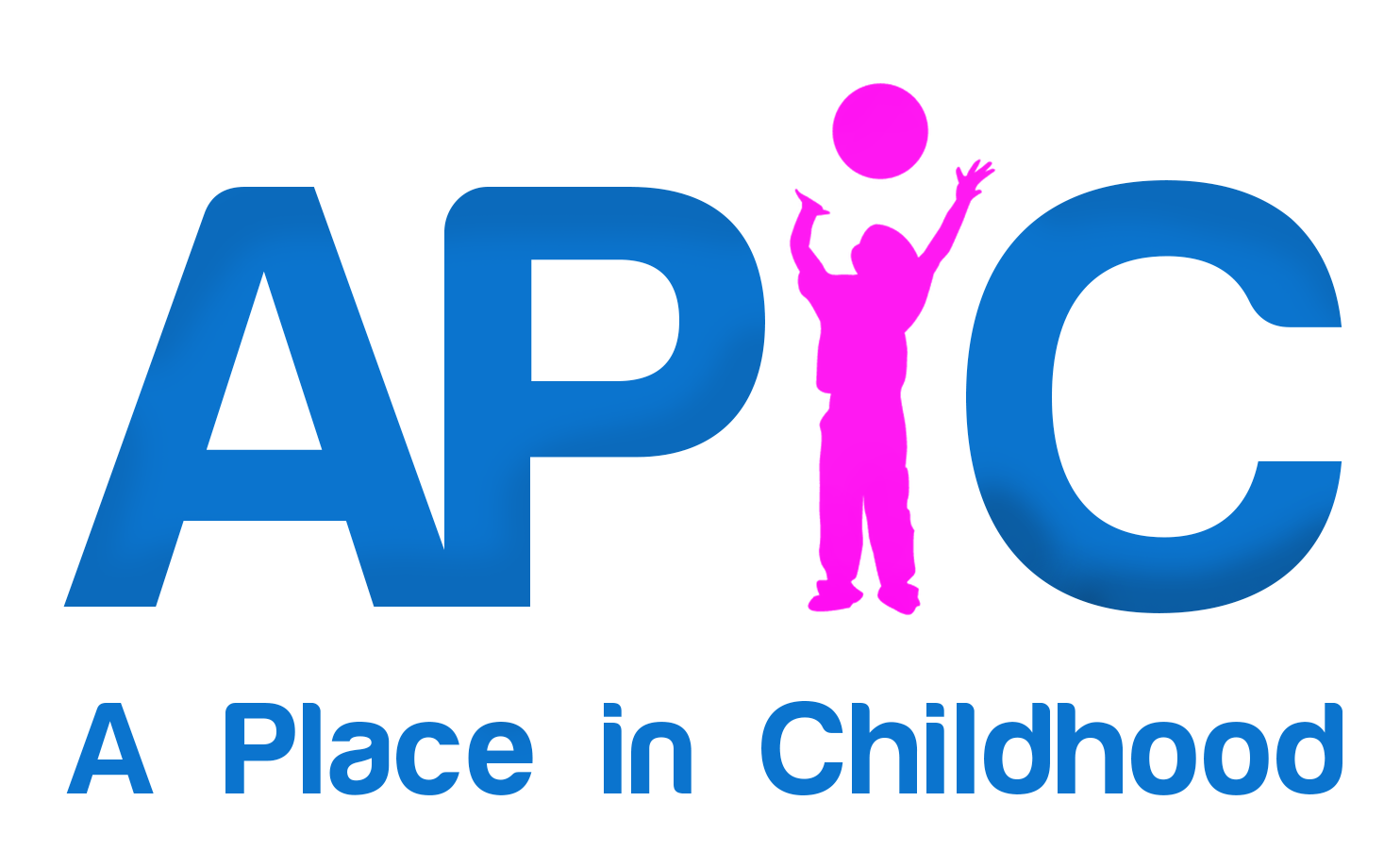Child Friendly Planning in the UK
APiC worked with ZCD Architects to assess the extent to which planning policies across UK nations can be considered ‘child-friendly’ with relation to the UN Convention on the Rights of the Child.


Project
The Royal Town Planning Institute commissioned APiC to lead on a research report assessing the child-friendliness of planning policy across the UK, launched at the ‘Toward the Child-Friendly City’ international conference, and published November 2019. The aim of this project was to assess the extent to which planning policies across UK nations can be considered ‘child-friendly’ with relation to the UN Convention on the Rights of the Child.
Client
Royal Town Planning Institute (RTPI), in partnership with Dinah Bornat (ZCD Architects)
Brief
The project involved three main things:
- Reviewing national planning policies across all four UK nations and their relationship to children’s legislation and policy
- Finding examples of typical policies and good practices
- Evaluating opportunities for improving understanding and implementation of children’s human rights across planning policies, including comparison of devolved contexts.
The project output was a report and a practice note that set out the extent to which planning policies across England, Scotland, Wales and Northern Ireland are child friendly. The project was led through a partnership of Dr Jenny Wood, APiC, and Dinah Bornat, co-director at ZCD Architects, researcher and Design Advocate of the Mayor of London.
Impact
The review was reported in The Planner Magazine prior to publication, and also picked up by The Architects Journal. Several research and practice-focused blogs have subsequently picked up the review such as localgov.co.uk; I-SPHERE; Thinkhouse; Policy for Play; Scottish Policy Research Exchange.
The report has already featured as a key document in a policy by the Mayor of London to improve children’s independent mobility across the city; been cited in a review of evidence to inform integrated impact assessments for the Planning (Scotland) Act 2019; included in a presentation by RTPI at the 2020 World Urban Forum; and the lead author has been invited to speak at events to explore the reports’ findings on five separate occasions. Indeed, it has been cited in an academic journal article from New Zealand assessing and mapping the literature on child involvement in healthy placemaking.
We continue to see impacts emerging, and the findings have been guiding our policy advocacy work. For instance, the review’s recommendations formed the basis of APiC’s ‘Call for Ideas’ response to the Scottish Government on the development of the National Planning Framework 4.
